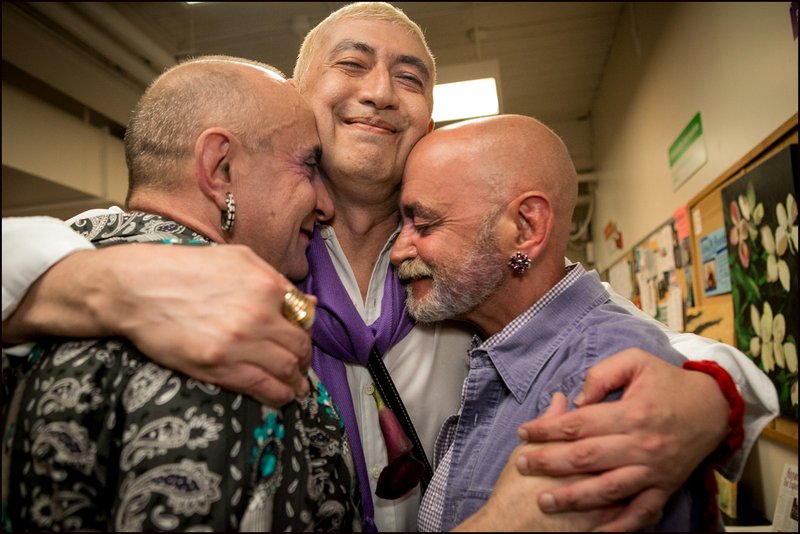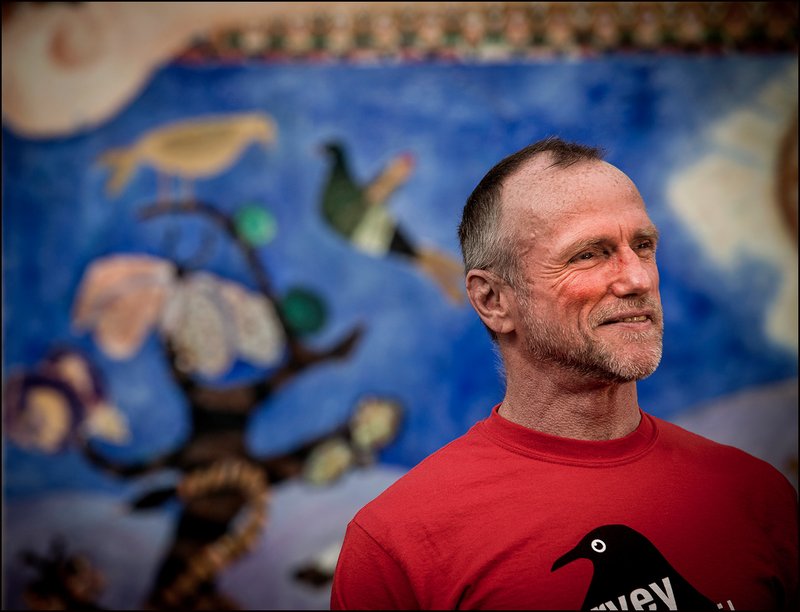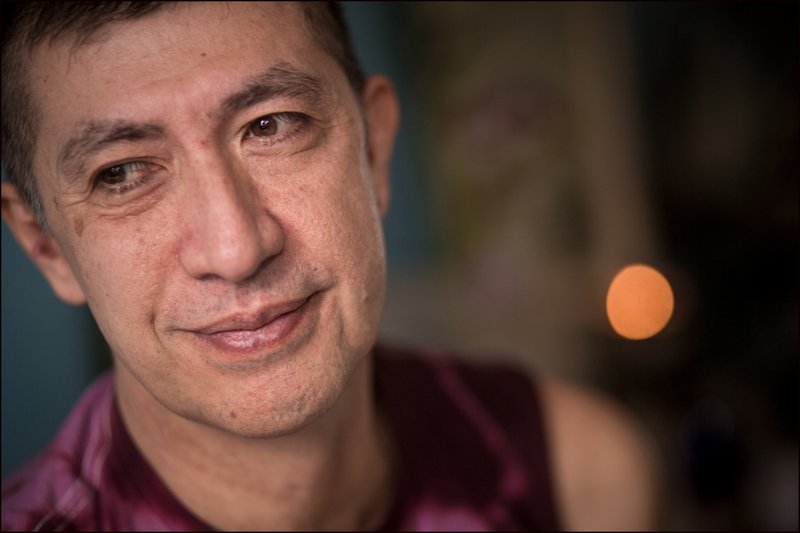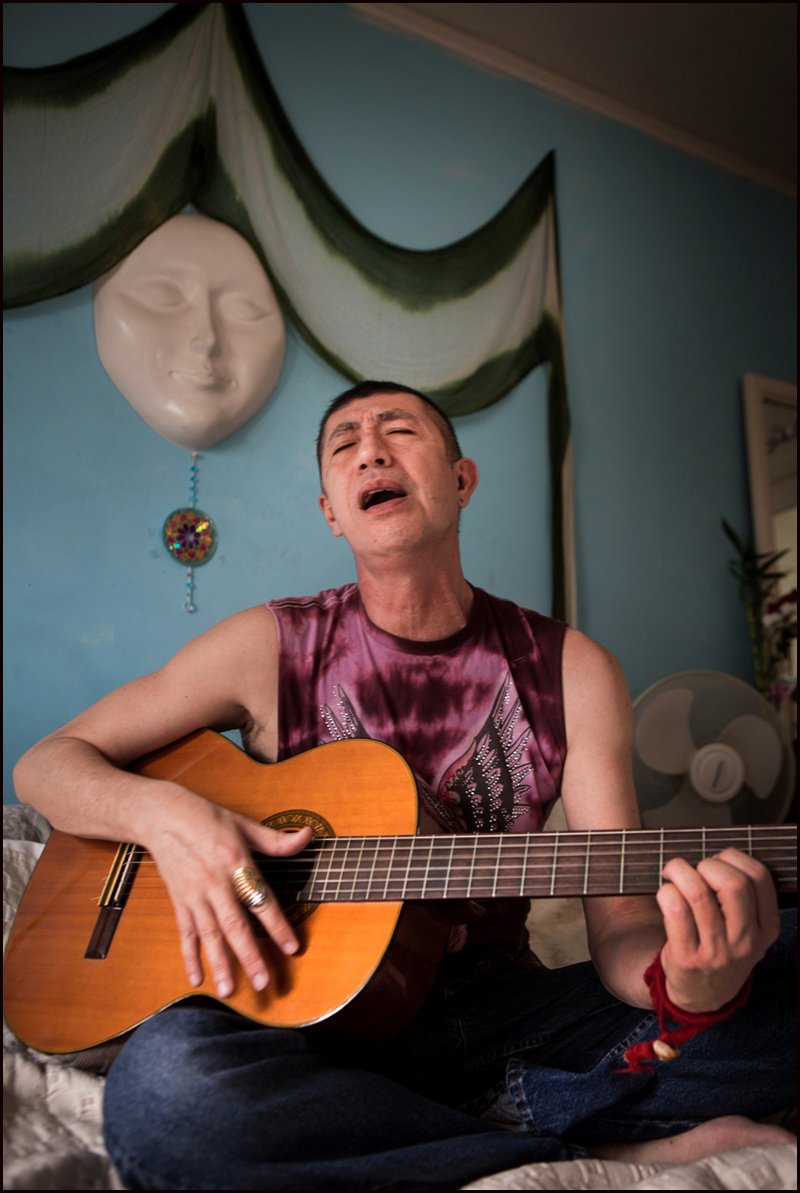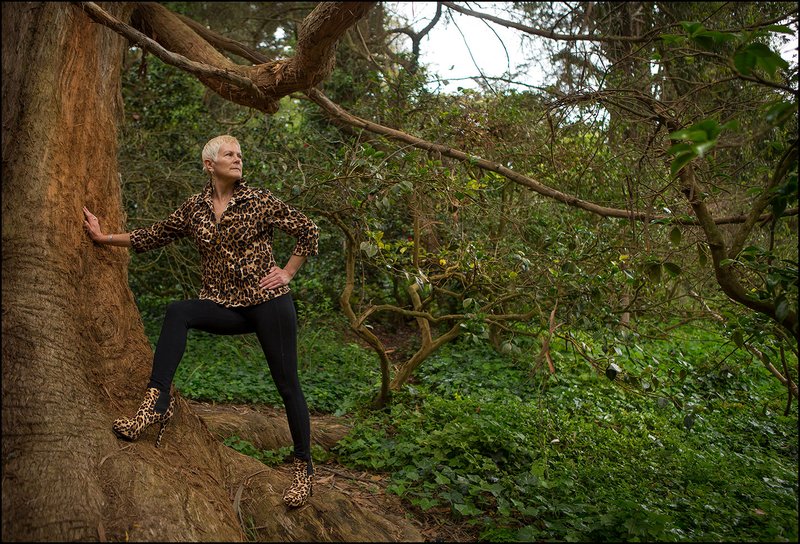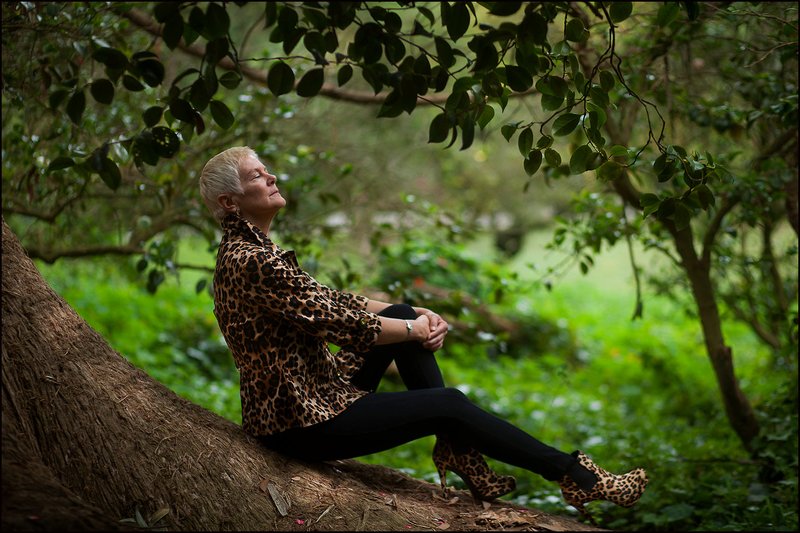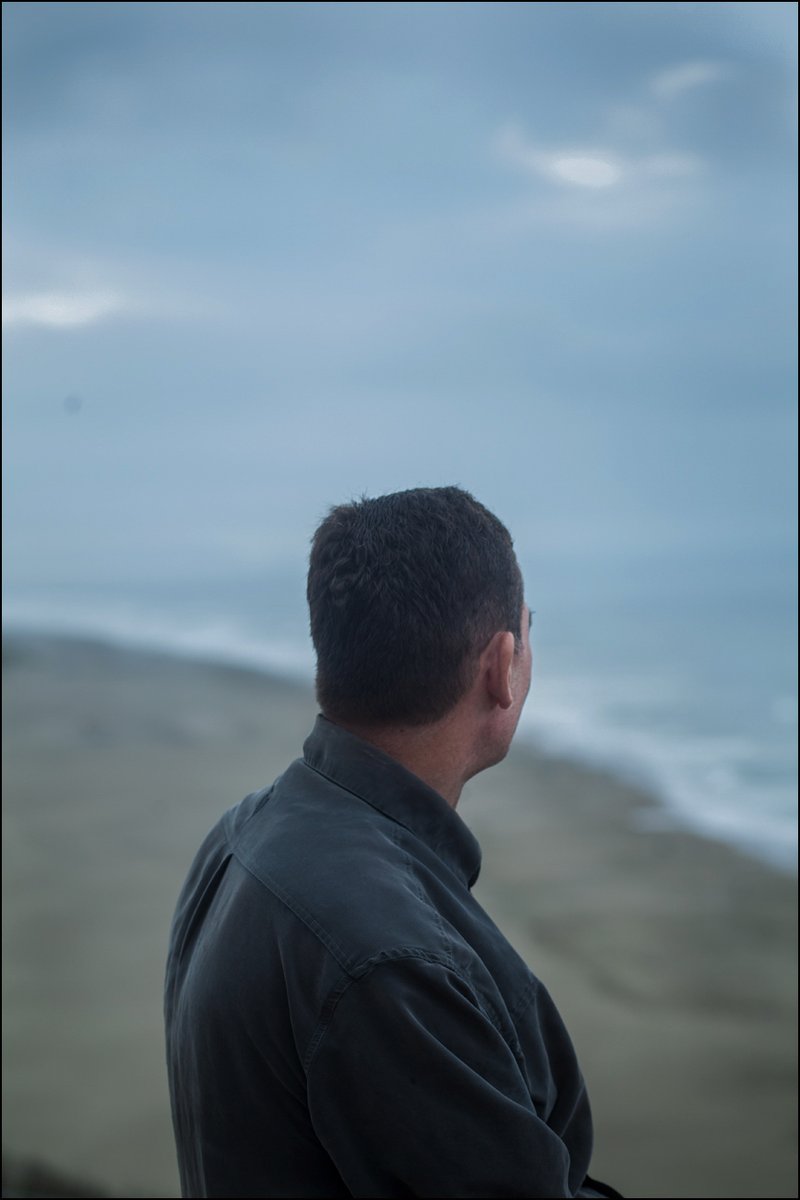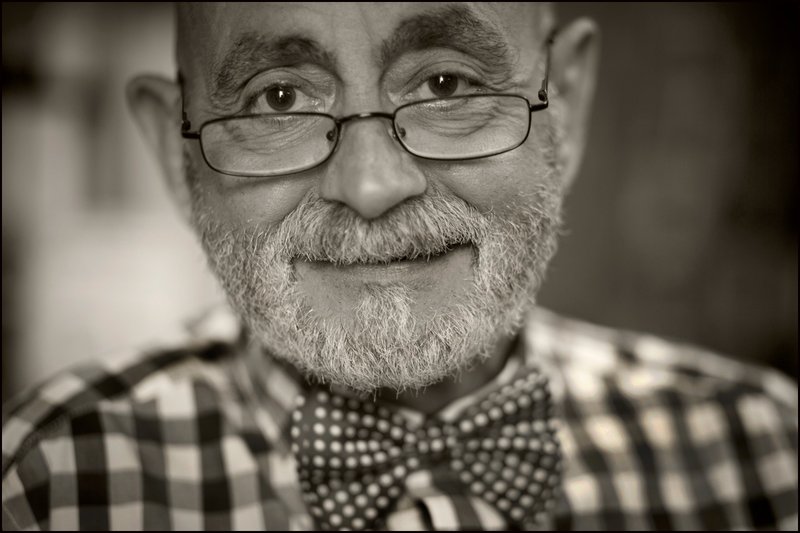Saul and Sandra: Portrait of the AIDS Generation
Portrait of the AIDS Generation
A documentary photo essay about the men and women who are 'Long Term HIV Survivors' in the San Francisco Bay Area - people who want their stories of strength and perseverence told and who are part of a supportive and loving community. They have lived with the virus since the early days of the AIDS pandemic and today they comprise more than 55% of the people living with HIV in the USA. They are 'The AIDS Generation' diagnosed with with HIV during the 1981-1996 15-year period before the advent of Highly Active Antiretroviral Therapy (HAART) - medications that are used to treat HIV. 'Long Term HIV Survivors' bore the brunt of the AIDS pandemic from the very first and today people over the age of 50 comprise the largest segment of people living with HIV. They are the ones who suffered the first diagnoses and the unmitigated fear of catching the disease or spreading the disease; they were the ones who buried their friends after watching them slowly disintegrate with some of them losing their entire social circle; they are the ones who put their bodies on the line as unpaid guinea pigs for pharmaceutical companies; they are the ones who submitted to the first toxic trials and research programs; and they are the ones still living with PTSD from the early and horrendous days of this pandemic. Now they are in their 50's, 60's, 70's, and beyond, living lives they never expected to have, lives that have been riddled with isolation and loneliness and with the high expenses of medications and healthcare visits, declining physical health, untreated substance abuse and mental health problems.
In 2015, about 20 years after completing the ‘House of Angels’ project, we gave a presentation at San Francisco Cameraworks. Afterwards, there was a panel of four people from the ‘Long Term HIV Survivors’ community in San Francisco. It was a community we didn’t know much about, and we became inspired by their stories of courage and perseverance.
On this night, two important things happened: the first is we realized that we had experienced severe trauma while working on the ‘House of Angels’ project. When this moment of clarity came to us, it all began to make sense of why we had basically put the project away for almost 20 years and not shown it or talked much about it.
The fact that everyone we had photographed for this project from 1992-1995 had passed away from AIDS, had eventually hit us and hit us hard, so much that we just put the boxes of prints away for a very long time.
When we were working on the project, we did the best we could to keep our wits about us and to stay focused on the purpose of the photo essay. But once we completed it and talked about our experiences, about the great people we got to know and who had eventually died, it became difficult to process and to come to terms with.
On this night we learned that this kind of thing often happens with people who have experienced some kind of trauma in their lives - which is that they are unable to deal with their trauma for around 20 years.
And the second was that we realized that telling the story of the ‘Long Term HIV Survivor Community’ was a story that we wanted to tell. We were looking for a new project to grab onto, and we quickly connected with several people and began to do their portraits, as well as photos of the ‘LTHS community’ at the events that were happening in San Francisco.
This project has now become the ’Portrait of the AIDS Generation’ photo essay, which is about the people who have been living with the HIV virus since the early days of the AIDS pandemic - they are now in the 50’s, 60’s and 70’s, living lives they never expected to have, lives that have been riddled with isolation and loneliness and with the high expenses of medications and healthcare visits, declining health, untreated substance abuse, and mental health problems. They want their stories of strength and perseverance told, stories that are inspiring and heartbreaking.
We now have these three moments in time from over the past 40 years about the LGBTQ community that we are working on for a book project - stories that are part of the LGBTQ history and American history that we hope to make happen.

